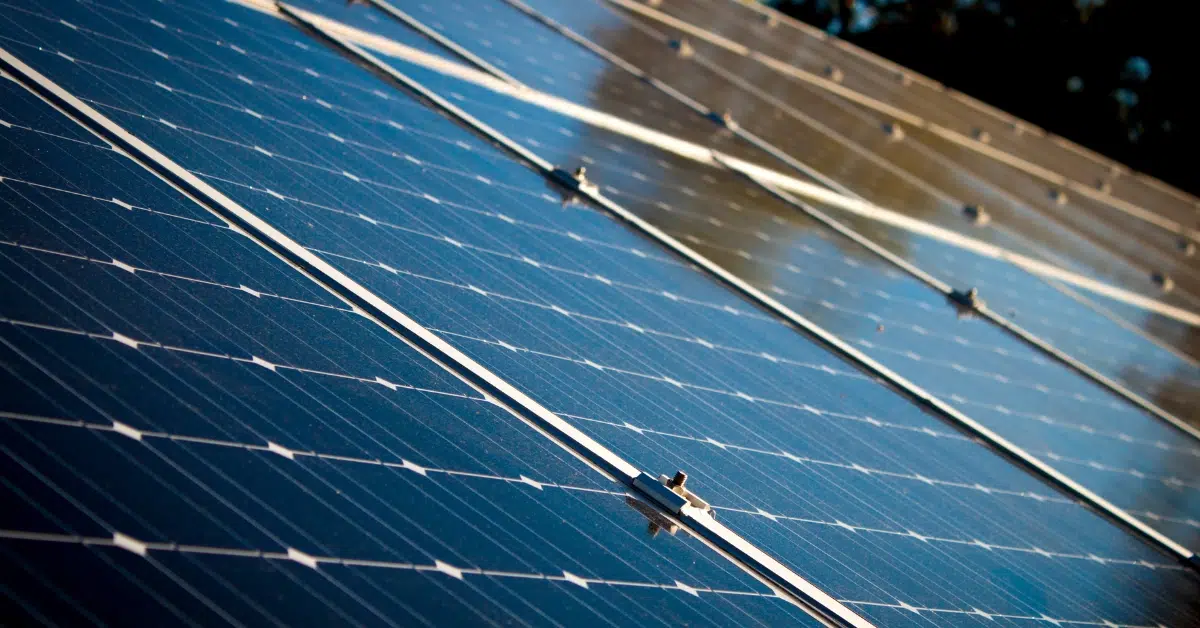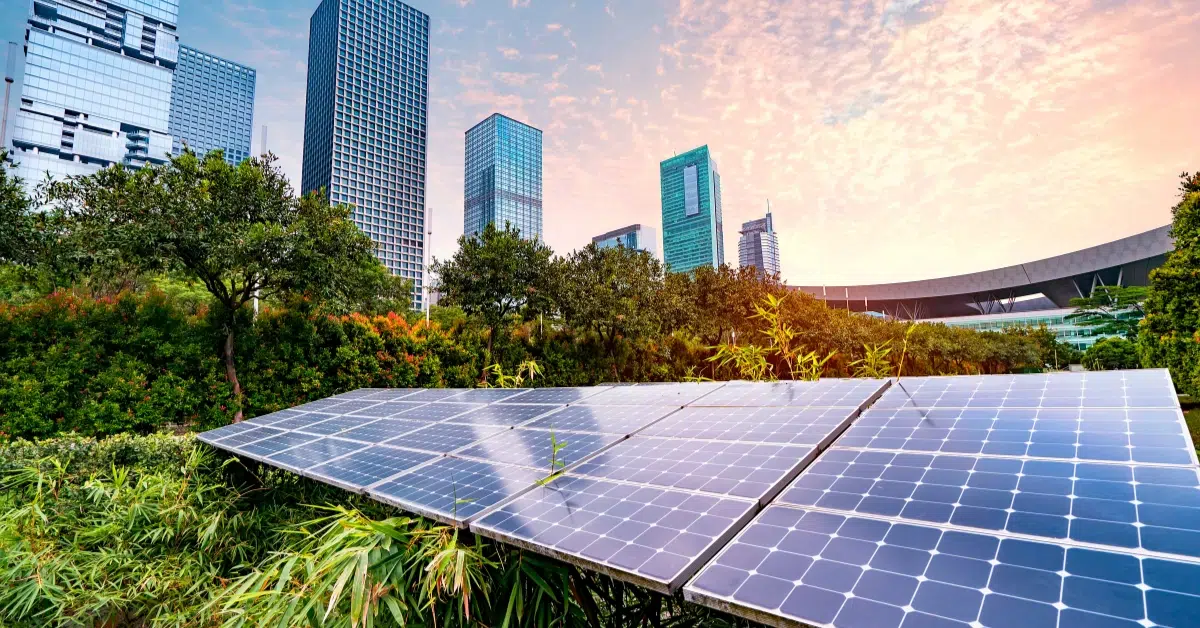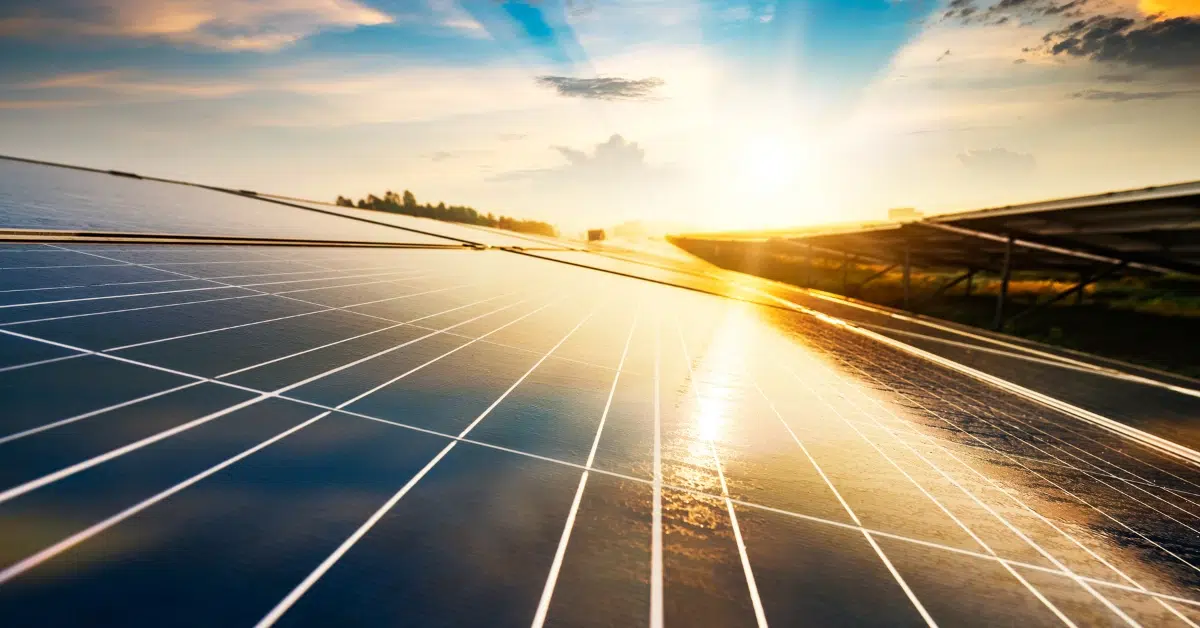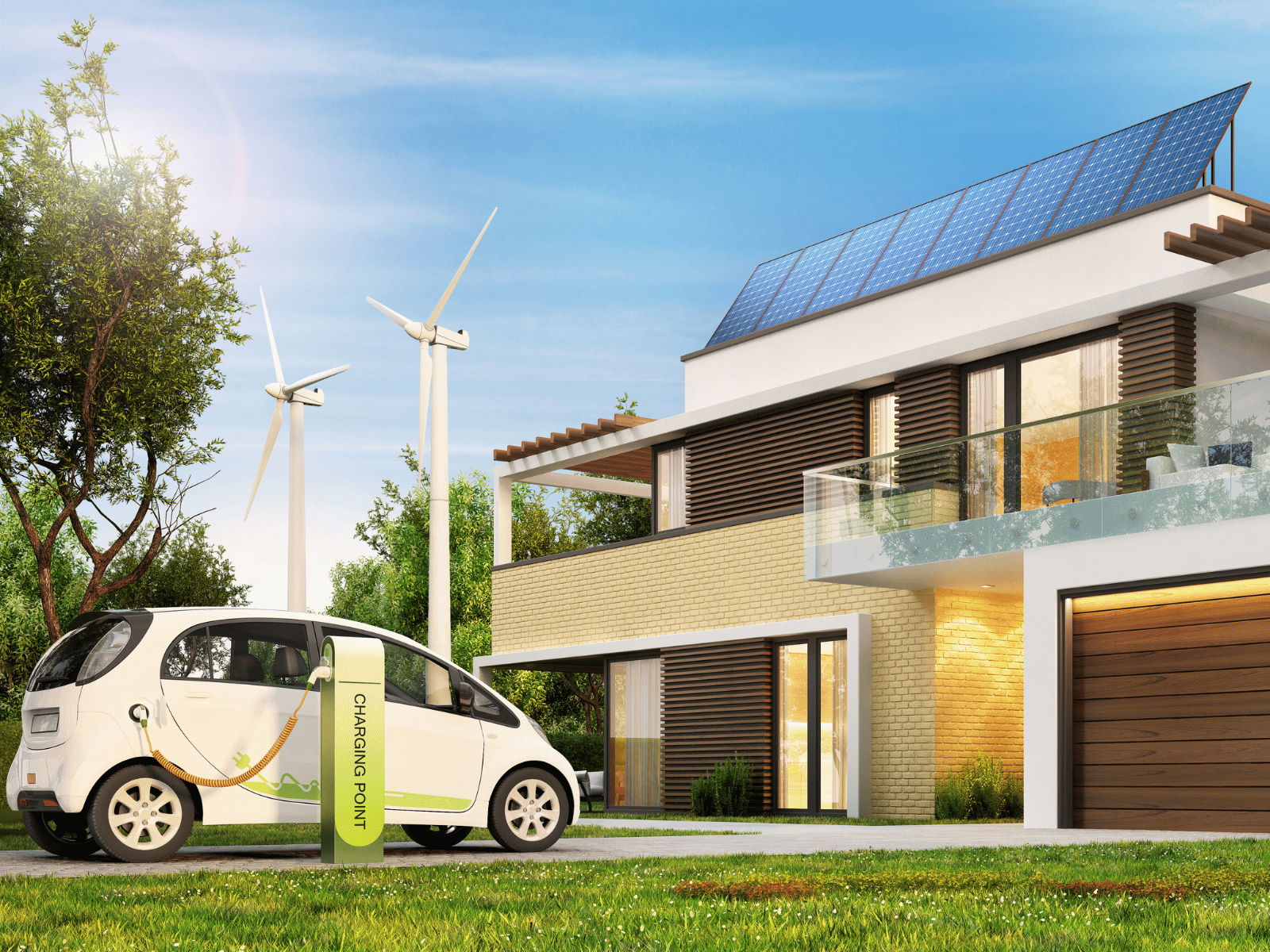Despite the growing popularity of solar energy, there are still misconceptions and myths surrounding its adoption and effectiveness. In this blog post, we aim to dispel these solar myths and provide factual information to help readers make informed decisions about harnessing the power of the sun for their energy needs. Let’s shed light on some common solar myths and set the record straight.

Solar Myths and Facts
Myth: Solar Energy Is Expensive and Unaffordable
Fact: While the initial cost of installing solar panels can seem substantial, solar energy has become more affordable over the years. Advances in technology and increased demand have led to a significant reduction in solar panel prices. Moreover, various financing options, incentives, and rebates make solar installations financially viable for many homeowners and businesses.
Myth: Solar Panels Do Not Work in Cloudy or Cold Climates
Fact: Solar panels can still generate electricity on cloudy or cold days. While they are most efficient in direct sunlight, they can harness diffuse sunlight and even work in low-light conditions. In fact, some solar panels are designed to perform better in colder temperatures, making them suitable for various climates, including Oklahoma’s. Even at night, you will sometimes see a few watts being produced.
Myth: Solar Energy Is Not Reliable and Inconsistent
Fact: Modern solar technology is highly reliable and efficient. While it’s true that solar energy production is dependent on sunlight availability, solar installations are designed to account for daily and seasonal variations. Additionally, energy storage solutions, such as batteries, can store excess energy for use during periods of low sunlight, ensuring a consistent power supply.
Myth: Solar Panels Require Constant Maintenance
Fact: Solar panels are generally low-maintenance. They are built to withstand various weather conditions and typically require minimal cleaning and upkeep. Routine inspections by professionals can ensure optimal performance and identify any potential issues early on.
Myth: Solar Panels Harm the Roof and Decrease Home Value
Fact: When installed correctly, solar panels can actually protect the roof from weather elements and extend its lifespan. As for home value, numerous studies have shown that solar installations can increase the resale value of a property. Many homebuyers see solar panels as an attractive feature due to their potential for energy cost savings.
Myth: Solar Energy Is Only Suitable for Off-Grid Living
Fact: While solar energy can be beneficial for off-grid living, it is equally viable for grid-connected properties. Grid-tied solar installations allow homeowners to benefit from energy cost savings while still having access to the grid during periods of high energy demand or low sunlight.
Myth: Solar Energy Is Inefficient and Takes Too Long to Pay Off
Fact: The efficiency of solar panels has significantly improved over the years, and they have a relatively short payback period. In many cases, solar installations pay for themselves through energy savings within a few years. Most solar installations, done with financing, have a payback of 25 to 35 years. If paid in full, they typically have a payback of 8 to 12 years. With the decreasing cost of solar panels and the availability of financing options, the return on investment for solar energy has become even more favorable.
Myth: Solar Panels are Ugly and Distracting
Fact: Solar panel designs have evolved to be more aesthetically pleasing and blend in with various architectural styles. Some solar panels are now designed as sleek and low-profile units that integrate seamlessly with the roof. Additionally, rooftop solar installations contribute to a cleaner environment, which outweighs any aesthetic concerns for many homeowners.
Myth: Solar Energy Is Not Practical in Areas with Harsh Weather Conditions
Fact: Solar panels are designed to withstand harsh weather conditions, including hail, high winds, and extreme temperatures. Manufacturers subject solar panels to rigorous testing to ensure their durability. Additionally, solar panels can help reduce the strain on the electrical grid during extreme weather events by providing localized energy generation.
Myth: Solar Energy Is Harmful to Wildlife and the Environment
Fact: Solar energy is one of the most environmentally friendly energy sources available. It does not produce harmful emissions or contribute to air or water pollution. Solar installations are designed to minimize environmental impact, and efforts are made to protect wildlife habitats during the installation process.
Myths That Turned Out to Be True
In some cases, certain current solar myths were based on genuine concerns or misconceptions that have been addressed over time.
Myth: Solar Panels Are Inefficient and Produce Little Energy
Truth: In the early days of solar technology, solar panels indeed had lower efficiency rates compared to today’s standards. However, continuous research and advancements have significantly improved solar panel efficiency, allowing modern panels to convert a higher percentage of sunlight into usable energy.
Myth: Solar Panels Contribute to Pollution during Manufacturing
Truth: It was once believed that the production of solar panels led to significant pollution and environmental impact. While the manufacturing process does have some environmental footprint, the overall lifecycle emissions of solar panels are significantly lower than those associated with fossil fuel-based energy generation.
Myth: Solar Energy Is an Unproven Technology
Truth: Some skeptics doubted the viability of solar energy as a mainstream energy source. However, decades of successful solar installations and rapid technological advancements have proven solar energy’s reliability and effectiveness as a practical and sustainable energy solution.
Conclusion
Understanding the truth behind solar myths is crucial for making well-informed decisions about adopting solar energy. As we debunked these misconceptions, it becomes evident that solar power is a reliable, cost-effective, and environmentally friendly energy solution. By embracing solar energy and discarding false information, homeowners and businesses in Oklahoma can harness the sun’s power to create a sustainable future for generations to come.






